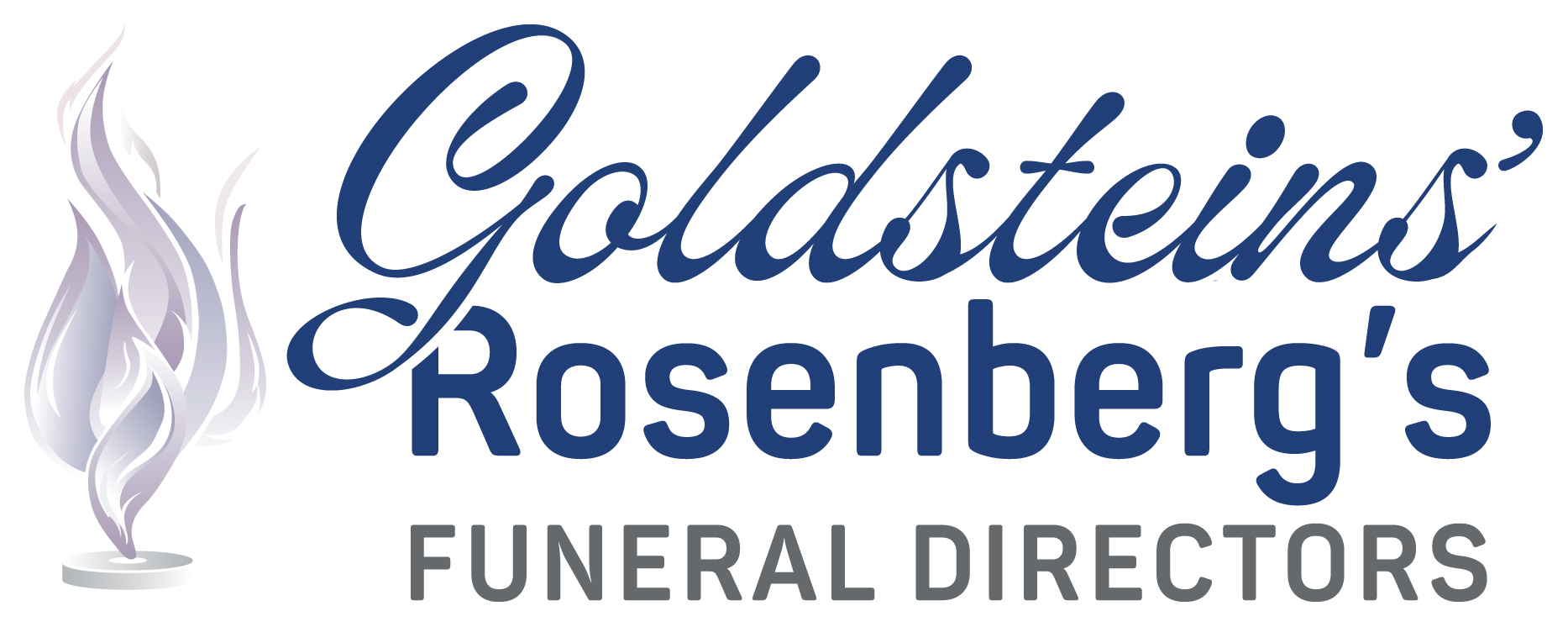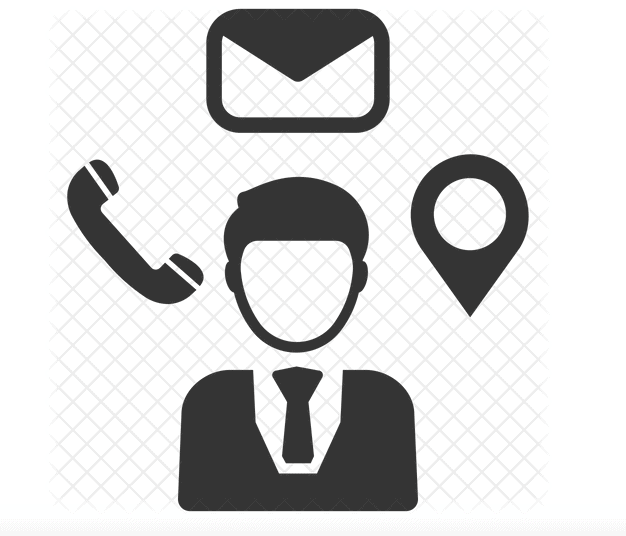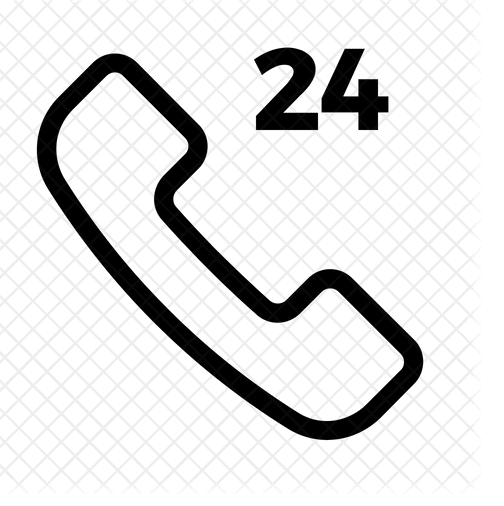
A Checklist: What to do when a loved one dies
Losing someone close to you can be overwhelming, and if you’re responsible for handling their funeral arrangements and personal affairs, the experience is extremely challenging. Here’s a checklist of immediate things that need to be taken care of after someone passes away.
Get a legal death pronouncement.
If your loved one died in a hospital, a doctor can manage this for you. If the person dies at home under hospice care, call the hospice nurse, who can declare the death before you contact the funeral home for transport of the body. If your family member wasn’t at a hospital or in hospice, then you’ll need to call 911.
Arrange for organ donation, if applicable.
Check your loved one’s driver’s license and/or advance directive to see if they were an organ donor. This is a time-sensitive situation, so inform hospital staff right away. Surprising to most people, an organ donor must be in a hospital at time of death and on a ventilator in order for their organs to be donated. In some case if a person dies at home or in hospice, they can use them as a tissue donor. For more information in Pennsylvania contact https://www.donatelifepa.org or https://www.donors1.org/, and nationally https://organdonor.gov.
Notify close friends and family.
Decide on the best way to do this, whether by phone or in-person. If possible, split up this time-consuming task between several family members. Today, more and more people are taking to social media to notify friends who aren’t on the initial call list but would want to pay their respects to the family.
Call a funeral home.
A funeral home can arrange transport of the body and help you arrange either a burial or cremation. First, check to see if your loved one expressed their wishes about final disposition or had made prepayments to a funeral home or cemetery. Ideally, this documentation should be contained with other medical documents. For a veteran, inquire about a special range of benefits that can help tailor their service.
Arrange care for pets or dependents.
If your loved one was responsible for caring for people or pets, quickly find someone to care for them temporarily while you decide on a long-term plan.
Secure your loved one’s property.
If they lived alone, make sure their home and vehicles are locked up. If they rented, consider notifying the landlord, neighbors, and/or the police, and ask if they can keep an eye on it.
Notify the person’s employer.
If the deceased worked, call to let their employer know that your loved one has passed away and inquire about any pay owed, benefits and life insurance.
Obtain death certificates.
This occurs a few days after death and is usually obtained from the funeral home. Be sure to get multiple copies as you’ll need them for financial institutions, government agencies, and insurers. This is the most important document you must attain after someone has died as it will allow you to cancel bank accounts, utilities, claim life insurance benefits, and much more.
Putting a loved one’s affairs in order and putting them to rest, is a huge undertaking. There are many things to attend to, from creating funeral services to canceling any memberships. All these tasks require much attention to detail and add stress to what is already a deeply emotional time. Be sure to enlist help and delegate tasks when you can. These can be things such as asking relatives and friends to serve as pallbearers, caring for children or pets, designing a funeral program, preparing meals, or shopping for any necessary items needed for the funeral. The funeral director can also help guide you in tasks you need to complete. For more information on pre-planning contact us 215-927-5800.





